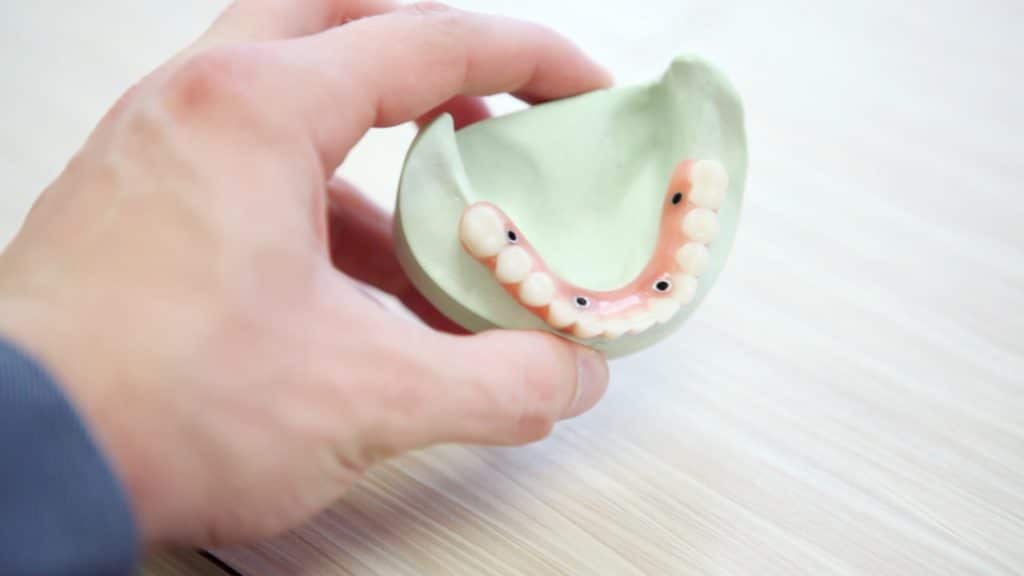Emergency dentist
Whilst this procedure may sound complicated and even daunting to many, dental x-rays are actually a very common and important tool which can be just as vital as standard teeth cleaning. Essentially, dental x-rays are a diagnostic procedure used to produce images of the interior of your mouth, teeth and gums. This diagnostic is often vital in allowing your dentist to pinpoint problems with your dental hygiene, such as tooth decay and cavities, and resultantly prescribe the necessary treatment.
What types of dental x-rays are there?
Dental x-rays can be essential to help practitioners identify problems that would otherwise be invisible to the naked eye – a highly common practice for emergency dental procedures. Decay, abscesses, bone less (linked to gum disease) and tumors are some of the problems which could be missed without an effective dental x-ray being carried out. Also, x-rays are used by many dentists as a reference point when preparing to deliver efficient procedures for the likes of braces, dentures and tooth implants.
The two major types of x-rays carried out by dentists are intraoral and extraoral:
- Intraoral x-rays, the most common procedure of the two, provide a high level of detail on your teeth, supporting bone, roots and gums. This x-ray film is placed inside the mouth and is commonly used to pinpoint tooth decay hidden between teeth and spot any notable changes in bone density (often associated with gum disease)
- Extraoral x-rays provide dental practitioners with a more all-encompassing, overall view of your dental health (including the skull and jaw). Generally, this method of x-ray is authorised to patients where the relationship between the teeth and jaw needs to be examined in greater depth – including the surrounding joints and bones – for example cases associated with orthodontic treatment.
Cone-beam computed tomography is another type of x-ray which is still relatively new technology and practice within the dental industry. The benefit of this type of procedure is that it affords highly detailed images and information on your teeth and jaws through producing three-dimensional images. This is often useful for more complicated, sophisticated treatments, however, they should only be used when deemed absolutely vital by your dental practitioner as – whilst they produce a benefit over standard x-ray in many cases – they also come with the added risk of a higher radiation dosage for the patient.
What are the risks?
As with most procedures in healthcare, it is important to know of any risks and complications – no matter how small – that are associated with dental x-rays. Dental x-rays are known to emit a relatively small dosage of radiation, which is why dental practitioners will only prescribe them when necessary. Understandably, a lot of patients will be concerned by the idea of this radiation being emitted in their proximity, however, as modern medicine advances, the technology available advances with it, meaning that dental x-rays have got far more sophisticated, efficient and safe within contemporary dental care.
A dental x-ray is believed to expose the patient to 0.005 mSv (millisievert) of radiation. So, to help quantify the risks, it is worth comparing how much this compares to other amounts of radiation which you are likely to expose yourself to on a regular basis through other sources. The likes of building materials commonly contain natural radioactivity and can expose occupants to low levels of radiation, as can many food types and other medical procedures.
How much radiation is too much?
To put this all into perspective, Public Health England estimate that the British public are exposed to about 2.7 mSv of radiation every year. Exposure to ionising radiation of a far higher dosage than this could expose the body to various risks later on in life.
The average annual exposure of radiation can vary hugely across different continents, countries and even national regions – dependant on various environmental and cultural factors. The USA’s approximate annual radiation dosage of 6.2 mSv, for example, sits at over double the average UK’s.
Moving beyond this, it is believed that those working in the nuclear industry are exposed to approximately 20 mSv of radiation on a yearly basis. A damaging change in blood cells can be readily observed by medical practitioners at 100 mSv – to various potential health risks. Then, moving into more extreme territory, the dosage of radiation which is believed to be fatal to about 50% of those receiving it within a one month timeframe is 5000 mSv.
So, what radiation are we exposed to in our day-to-day lives? Whilst remembering that a dental x-ray exposes the patient to approximately 0.005 mSv of radiation, here are some comparative doses of radiation, provided by GOV.UK, which some of us are likely to experience in our lifetime:
- Dental x-ray: 0.005 mSv
- Chest x-ray: 0.014 mSv
- 100g of Brazil nuts: 0.01 mSv
- Transatlantic flight: 0.08 mSv
- CT scan of the head: 1.4 mSv
- CT scan of the chest : 6.6 mSv
- Average annual radon dose to people in Cornwall: 6.9 mSv
What safety precautions can be taken?
Whilst the sophistication and efficiency of the equipment being used is the biggest safety precaution that your dental practitioner can take, there are various other things that can be done to ensure you minimise the radiation that you are exposed to from the x-rays.
Taking the minimum amount of images (often only one is necessary) will significantly decrease the radiation exposure. It is also an option to speak to your dentist regarding using the lowest radiation setting possible. Ultimately then, it is vital that you invest in the services of a professional, caring and expert dental practitioner who is going to ensure that you are exposed to the minimum amount of radiation as possible when undergoing an x-ray procedure
How can you get expert care today?
If you’re looking for an impeccable, calming and efficient service for a price which is worth paying, then look no further. Hermes Dentists London are an award-winning dental clinic with experience and a proven track record within the industry.
Regardless of whether it’s an emergency dental procedure or a routine check up you require, we’d love to hear from you, so unlock your smile and get in contact today. Our expert dental practitioners will ensure that x-rays are carried out only when and where it is necessary, whilst likewise leaving you in no doubt that all the right safety precautions are put in place every time.
- GERD and Your Teeth: Why you should see a dentist urgently - November 24, 2024
- When a broken tooth is considered a dental emergency - November 24, 2024
- How to prevent tooth decay in children - July 9, 2024





